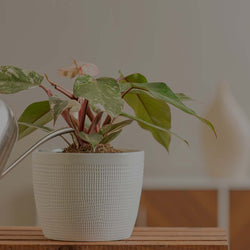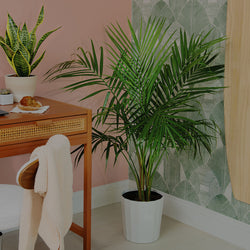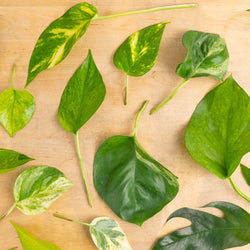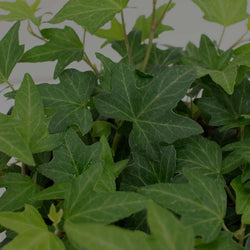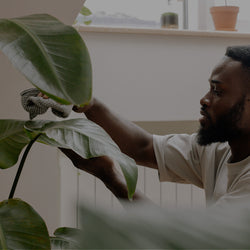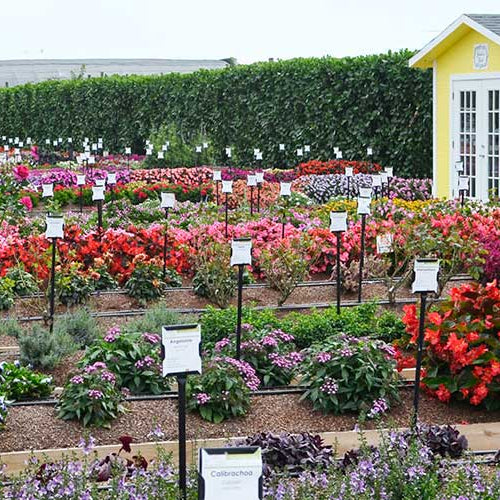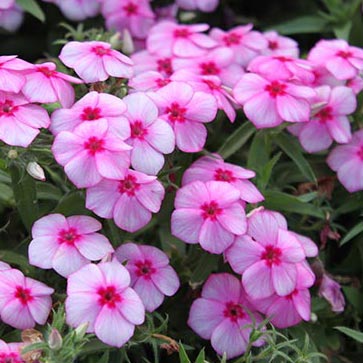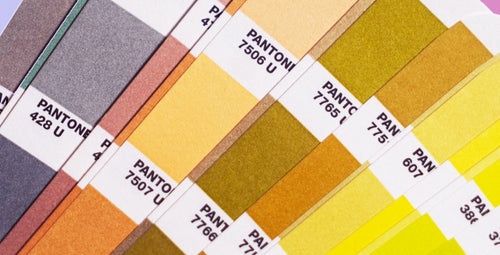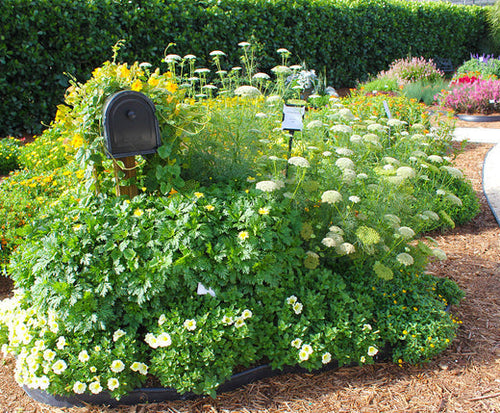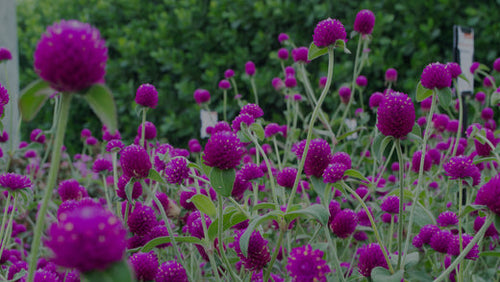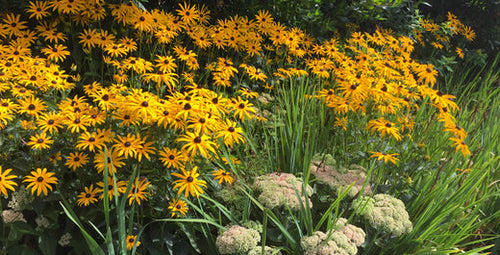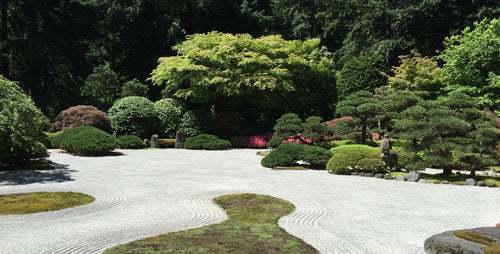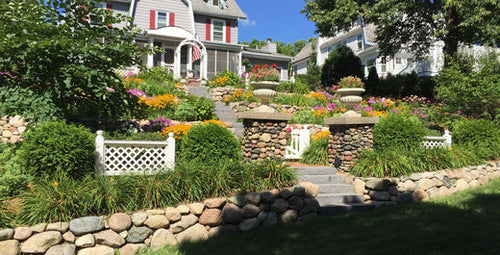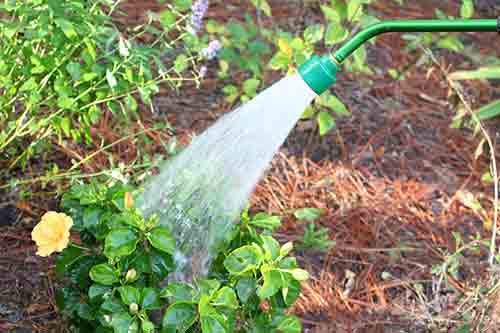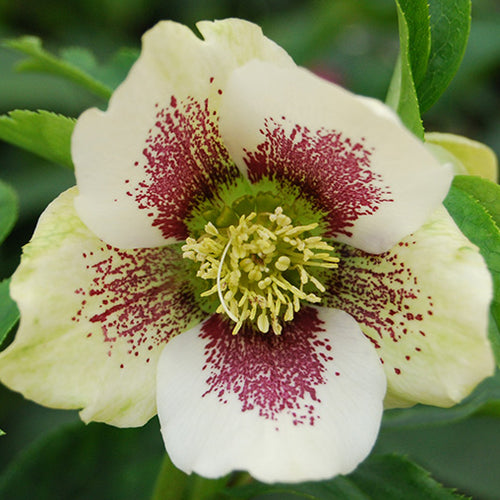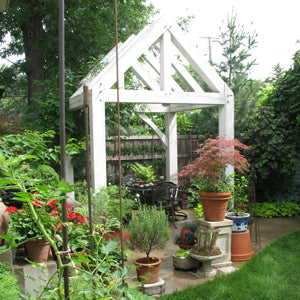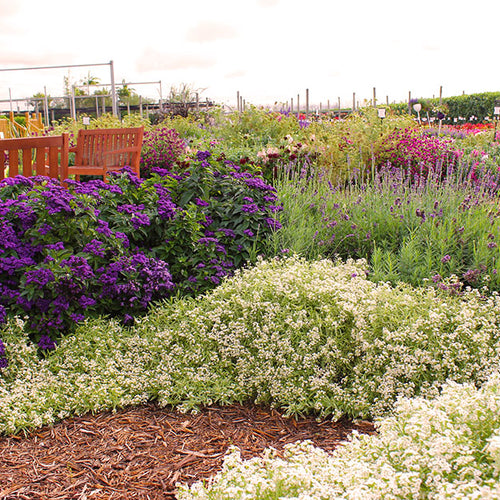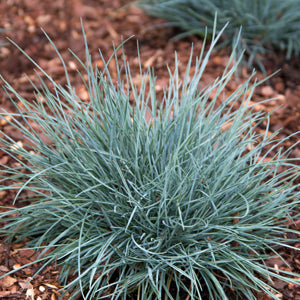When I moved to South Florida from Iowa, I discovered there is a different set of rules to gardening. I have to plant
tomatoes in September, for example. And my 10-year-old variegated Albo Monstera plant does far better outdoors than in. (And it’s
great that I don’t have to lug that beast in from my Iowa garden inside every fall!)
Between my experiences as
a home gardener and what we're growing in the Costa
Farms Trial Garden, I've come across some plant surprises. Some haven't been so positive, but a few plants have
turned out to be absolutely delightful. Here are three plants that do better than you might think.

Garvinea Gerbera Varieties
Like a lot of
people, I've always liked Gerbera Daisy. It's cute and
charming. It has good longevity as a cut flower, so I feel good about cutting one to give to a friend to brighten their
day or to add a little extra color to my desk. But I’ve always found gerbera to be a little fussy, especially when it
starts to get hot. Since it’s hot pretty much all the time here in Miami, I didn’t expect much.
Then I
discovered the Garvinea varieties. These flowers are actually bred for landscape performance, and it shows. They don’t
slow down once it starts to get hot and here in my home garden, they bloom all year long. That’s 365 days of flowers if
I keep fertilizing them! (Fertilizer is a must with the sandy soil I garden in.) Garvinea varieties come in a wide range
of colors, so it’s easy to make them work with your look.

Soiree Catharanthus Varieties
Old-fashioned annual Vinca
(Cathranthus) surprised me for its ability to bloom all year long in South Florida. But I was really amazed when
Costa Farms started testing the Soiree Kawaii varieties. They’re something special—so much so, I almost think of them as
an entirely different type of plant. Soiree Kawaii Catharanthus grow in tidy little mounds and have masses of small,
pinwheel-shape flowers. And when I say masses, I mean that sometimes they practically cover the foliage. Plus, they love
summer heat and don’t mind humidity, so they keep blooming no matter how hot and dry the weather gets.
Soiree
Catharanthus varieties come in a few colors and are good for bees and other pollinators. Plus, they don’t require
pruning or trimming, so they’re about as easy-care as you could ask a plant to be.

Salvia ‘Black and Blue’
Salvia guaranitica ‘Black and
Blue’ has been a personal favorite for years. I love its rich color, drought tolerance, and the fact that it’s a
hummingbird favorite (even though it’s not red). I thought I knew what I was getting into with this plant. It turns out
that in Miami, though, this salvia is another flower that blooms all year long, nonstop. Plant breeders have a few
similar varieties, including ‘Black and Bloom’, Bodacious ‘Rhythm and Blues’, and ‘Rockin Deep Purple’. They seem to be
just as strong and gardenworthy.
All three of these plants grow best in full sun (at least 6 hours of direct
sun per day) and in moist, well-drained soil that’s rich in organic matter. If you have poor soil, amending liberally
with compost before planting will help a lot. The gerbera and salvia bloom best when the faded flowers are removed. This
helps fresh flowers form faster so you can enjoy more of them in your yard or container gardens.
Written by Justin Hancock
